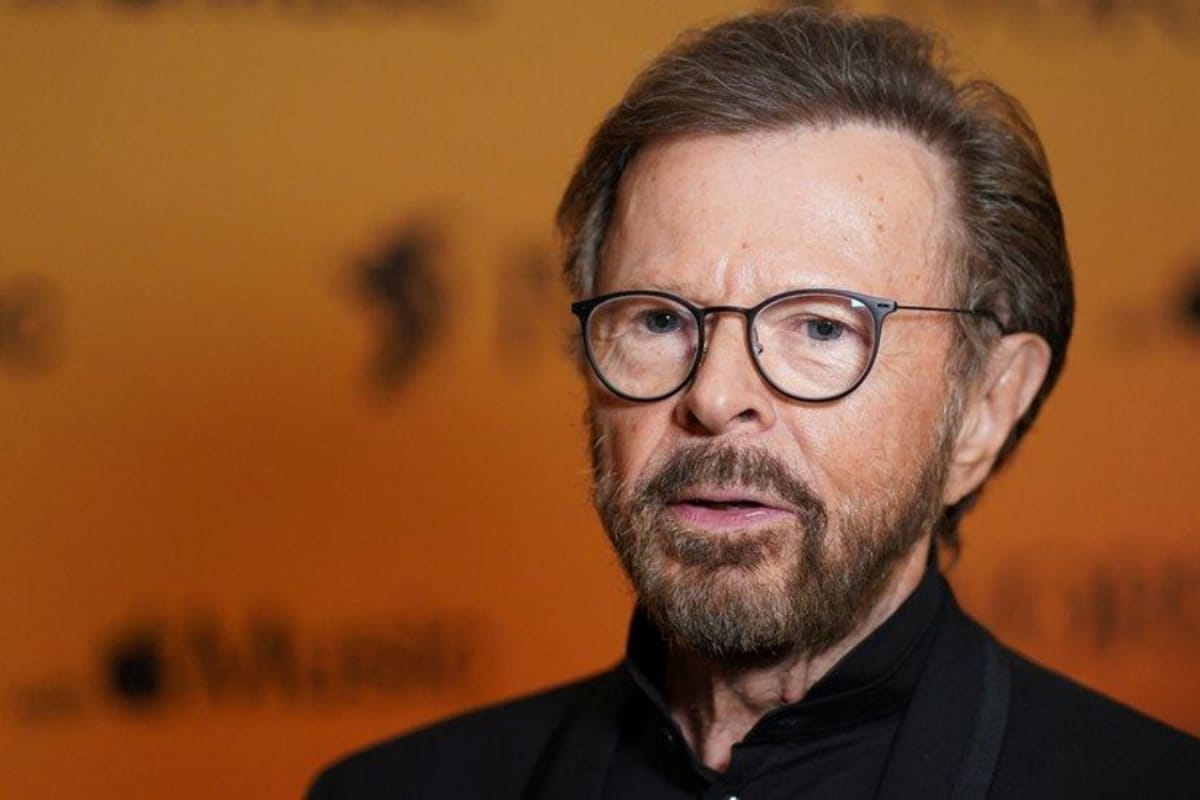

ABBA's Bjorn Ulvaeus is embracing artificial intelligence (AI) as a tool for ideation in his latest creative endeavor: a new musical. Ulvaeus, known for his innovative approach to music and technology, shared his experiences at the SXSW London panel this week, offering insights into both the benefits and limitations of AI in the songwriting process.
Ulvaeus is currently working on a new musical, and he revealed that AI is assisting him, and that he is about "three-quarters" of the way through. While he didn't disclose the musical's specific subject matter, this project marks another step in pushing creative boundaries, following the success of ABBA's "Voyage," the avatar show.
Ulvaeus sees AI as a powerful tool for sparking new ideas and overcoming creative blocks. He described it as "fantastic" and "like having another songwriter in the room with a huge reference frame," stating that it is "really an extension of your mind" because "you have access to things that you didn't think of before.” Ulvaeus also noted that with AI, "It's unimaginable that you can bounce back and forth with a machine, or a software, which can give you ideas to go in various different directions.”
Ulvaeus also clarified that AI is acting as "another songwriter in the room," not that it was writing entire songs. He acknowledged that AI isn't ready to be a full-fledged partner. "A misconception is that AI can write a whole song. It's lousy at that — very bad. And thank God! It's very bad at lyrics as well. But it can give you ideas,” Ulvaeus said. He finds the technology invaluable for breaking through creative blocks. "You can prompt a lyric you have written about something, and you're stuck maybe, and you want this song to be in a certain style,” Ulvaeus said, adding, "You can ask it, how would you extend? Where would you go from here? It usually comes out with garbage, but sometimes there is something in it that gives you another idea.”
Ulvaeus's embrace of AI comes with a degree of caution. As president of the International Confederation of Societies of Authors and Composers (CISAC), he is acutely aware of the potential challenges AI poses to artists' rights and livelihoods. CISAC published a study in December 2024 suggesting that music creators could lose nearly a quarter of their income to AI by 2028. Ulvaeus has warned that poorly regulated AI has "the power to cause great damage to human creators, to their careers and livelihoods." He has emphasized the importance of policymakers getting the regulations right to protect creators' rights and help develop an AI environment that safeguards human creativity and culture.
Despite these concerns, Ulvaeus remains optimistic about AI's potential to enhance the creative process when used responsibly. He compares the need for compensation models to streaming services, where subscription fees partially flow back to rights holders, emphasizing that "These AI models wouldn't exist without the songs that we wrote.”
Ulvaeus noted that he and Benny Andersson "always wanted the latest thing" during their songwriting partnership, from acquiring the first Mini Moog synthesizer to being among the first to use digital recording machines in their studio. Ulvaeus’s experimental approach is characteristic of his career-long fascination with technological innovation.
Ulvaeus's willingness to experiment with AI reflects his belief in the importance of staying curious and exploring new creative avenues. As the music industry continues to grapple with the implications of AI, Ulvaeus's insights offer a valuable perspective on how technology can be harnessed to support and enhance human creativity, while also safeguarding the rights and interests of artists.